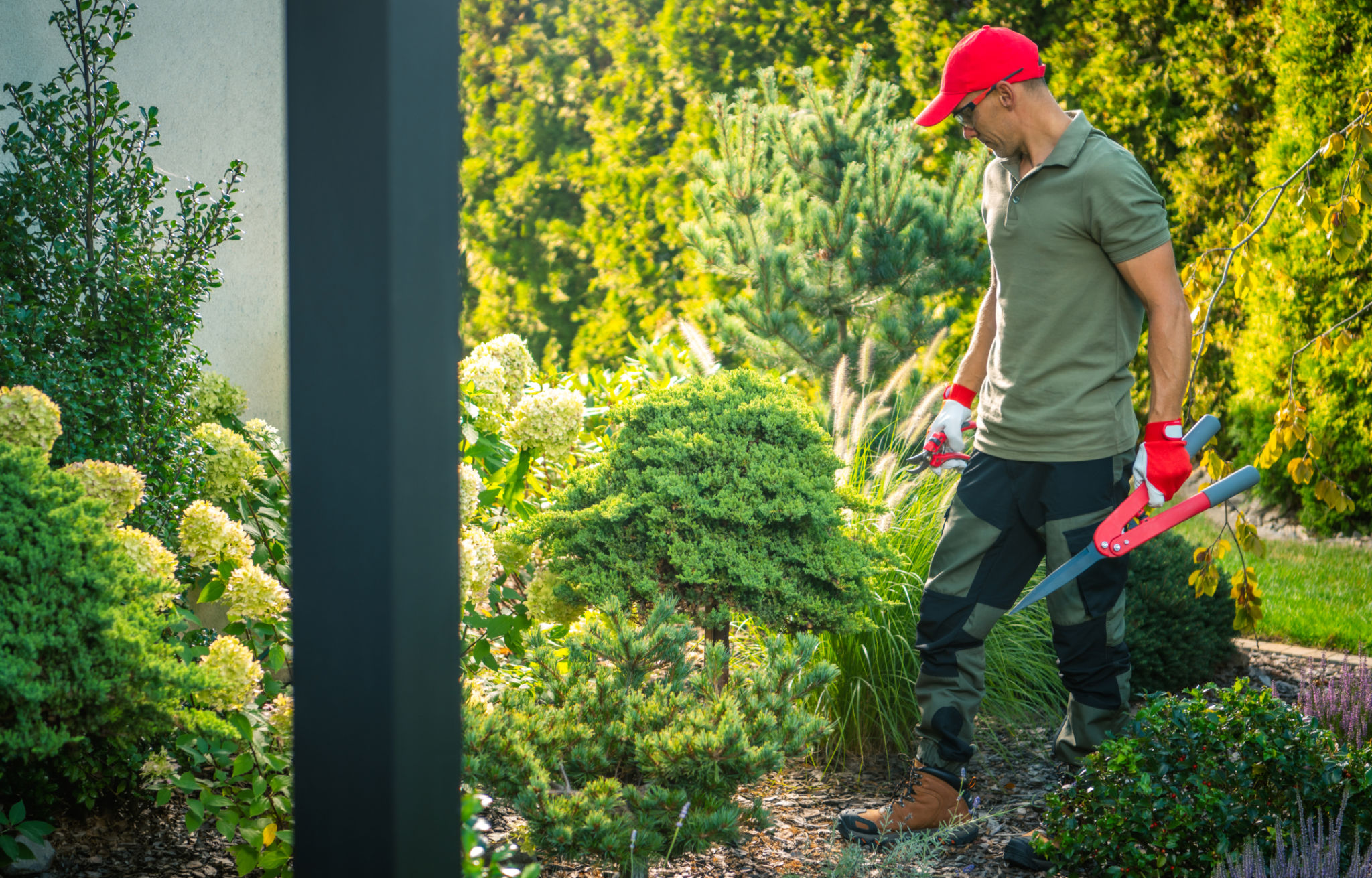DIY Tips for Effective Water Management in Your Backyard
Understanding Your Backyard's Water Needs
Effective water management in your backyard begins with understanding the specific needs of your landscape. Different plants, soil types, and climates require tailored approaches. Start by assessing your backyard's unique characteristics and consider the local weather patterns to develop a water management plan that suits your environment.

Implementing Smart Irrigation Systems
One of the most efficient ways to manage water in your backyard is by using a smart irrigation system. These systems automatically adjust watering schedules based on weather conditions, ensuring your plants receive the right amount of water without wastage. Installing soil moisture sensors can further enhance this system by providing real-time data.
Utilizing Rain Barrels
Rain barrels are an eco-friendly way to capture and store rainwater for later use. This method not only reduces your water bill but also provides a natural source of water for your plants. Position the barrels under gutters or downspouts to maximize water collection during rainy periods.

Choosing the Right Plants
Selecting drought-resistant plants is another effective strategy for water management. These plants require less water and are well-suited to survive in dry conditions. Consider native species, as they are naturally adapted to the local climate and require minimal maintenance.
Mulching for Moisture Retention
Applying a layer of mulch around plants helps retain soil moisture, reducing the need for frequent watering. Mulch also suppresses weeds and improves soil health, making it a vital component of any water management strategy. Choose organic mulch like shredded bark or straw for the best results.

Implementing Drip Irrigation
Drip irrigation systems deliver water directly to the plant roots, minimizing evaporation and runoff. This method is particularly effective for vegetable gardens and flower beds, where precise watering is crucial. By controlling the water flow, drip irrigation ensures that each plant receives adequate hydration.
Creating Water Zones
Divide your backyard into water zones based on plant needs. Group plants with similar water requirements together to simplify your watering routine. This approach not only conserves water but also promotes healthier plant growth by preventing over or under-watering.
Regular Maintenance and Monitoring
Consistent maintenance is key to effective water management. Regularly check irrigation systems for leaks, clean rain barrels, and adjust watering schedules according to seasonal changes. Monitoring your backyard's water usage will help you identify areas for improvement and ensure sustainable practices.
